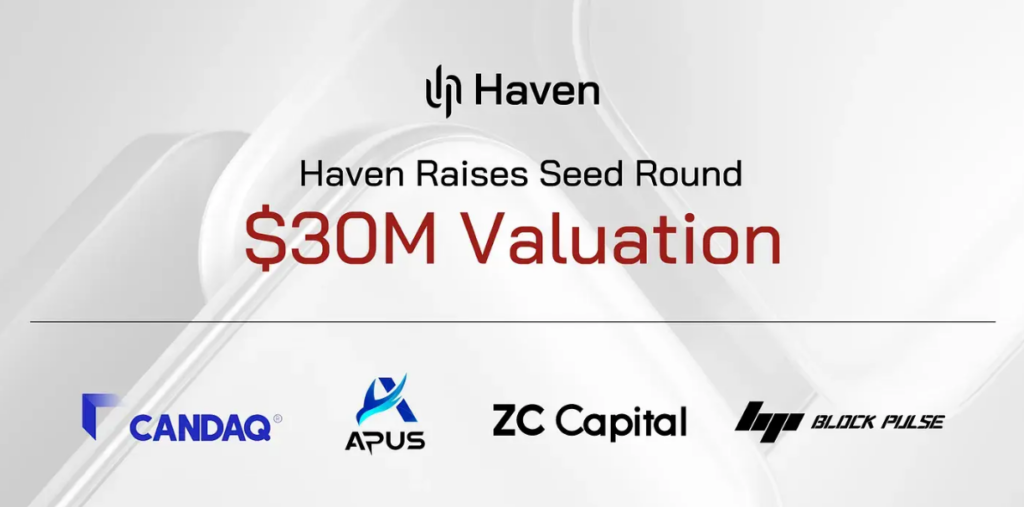Argentina’s President Javier Milei is facing an investigation for promoting the cryptocurrency LIBRA. His support led to a temporary increase in the token’s value, but it soon crashed.
Critics accuse Milei of being involved in a pump-and-dump scheme, where the price is artificially inflated before insiders sell off their holdings for profit. Some are even calling for his impeachment.
On February 14, Milei endorsed LIBRA on social media, claiming it could help Argentina’s economy and small businesses. This caused the token’s market cap to rise above $4 billion, with insiders reportedly making over $100 million.
However, LIBRA had no solid financial model, and its website was created just hours before its launch. Within three hours, over $87 million was withdrawn, and the token’s value quickly fell.
The Kobeissi Letter reported that large holders sold their assets quickly, with some making $4 million or more. When LIBRA peaked at $4.6 billion, its value dropped sharply. Following public backlash, Milei deleted his promotional post and claimed he did not fully understand the project. He later stated he would stop promoting it after learning more.
The presidential office tried to minimize the issue, calling it a typical blockchain promotion. However, officials acknowledged that Milei met with Hayden Mark Davis, linked to LIBRA’s infrastructure. The government has launched an official investigation to see if any officials, including Milei, acted illegally.
To address the situation, Milei created a Special Investigation Task Unit (UTI) with experts in finance and crypto. This unit will review LIBRA’s launch and the actions of those involved. The findings will be submitted to the courts.
The controversy has sparked a political crisis. Critics argue that Milei’s actions caused financial losses for investors. Lawmaker Gabriela Estevez accused him of a classic pump-and-dump scheme. The scandal has led to impeachment threats, with some calling it unprecedented in Argentina.
Governor Axel Kicillof labeled it a large-scale financial fraud, misleading both local and international investors. This case underscores the risks of political figures endorsing cryptocurrencies, a trend that has grown in recent years.



